Proven: Cereal Plants Absorb Nanoplastics

Using an advanced method, researchers at TU Graz and the Centre for Electron Microscopy have detected plastic in the roots of wheat plants. Whether the particles reach the ears of grain will be shown…

Using an advanced method, researchers at TU Graz and the Centre for Electron Microscopy have detected plastic in the roots of wheat plants. Whether the particles reach the ears of grain will be shown…

What is a fuel cell and why does it break down? The technology is an important topic when it comes to the mobility of the future. TU Graz researcher Merit Bodner explains.
One topic, but a multiplicity of angles and perspectives.
Energy storage systems are becoming increasingly important, powerful and widespread. However, this also means that the demands on their safety and durability are growing.
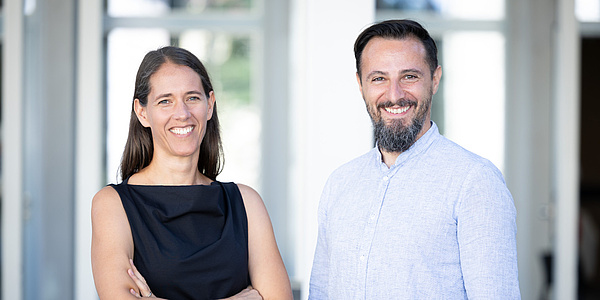
The two TU Graz researchers have been awarded the prestigious European funding prize of around 1.5 million euros each for their projects on improved therapy for traumatic brain injury and 3D…

Christian Trapp moved from the University of the Bundeswehr Munich to TU Graz in July. In this interview, he talks about his enthusiasm for simple and efficient machines and engines.
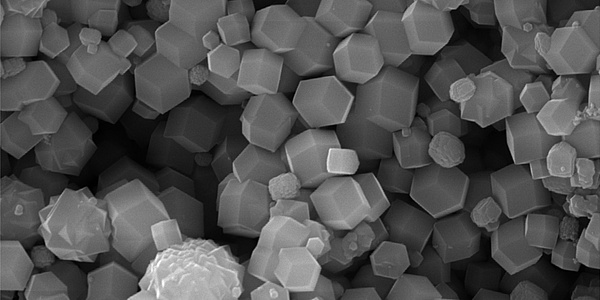
An international research team involving TU Graz has developed flexible MOF films that can bind and release carbon dioxide (CO₂) based on light and temperature stimuli – a promising approach for…
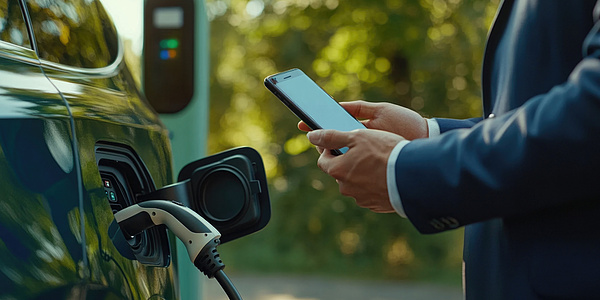
Right now, lithium-ion batteries represent the state of the art in electric vehicles (EVs) as well as smartphones. But apart from their chemical composition, there are numerous differences between…
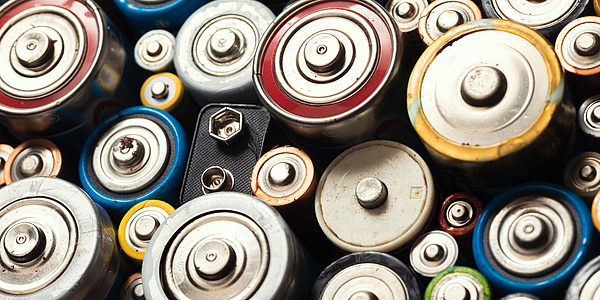
Batteries are increasingly becoming a central element of our everyday lifes.They are becoming more powerful, more durable and more widespread – and therefore also need to become increasingly secure.

Imagine you have a mobile phone or an e-bike and suddenly the battery catches fire. Unfortunately, this happens time and time again. But why do batteries catch fire? Jörg Moser from Graz University of…
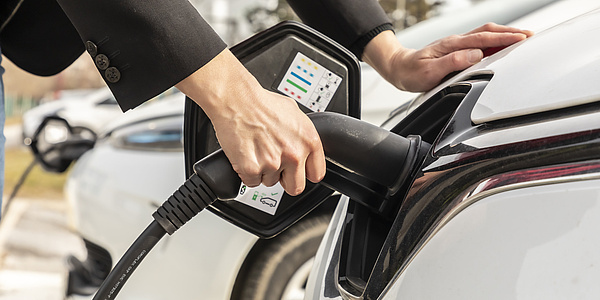
Bernhard Gadermaier, a researcher at the TU Graz Institute for Chemistry and Technology of Materials, provides a chemical perspective on how batteries can be best protected.
Monthly Newsletter about current Researchtopic at Tu Graz. Follow now.
TU Graz | Communications and Marketing
Rechbauerstraße 12, 8010 Graz
+43 316 873 6005
kommunikation@tugraz.at